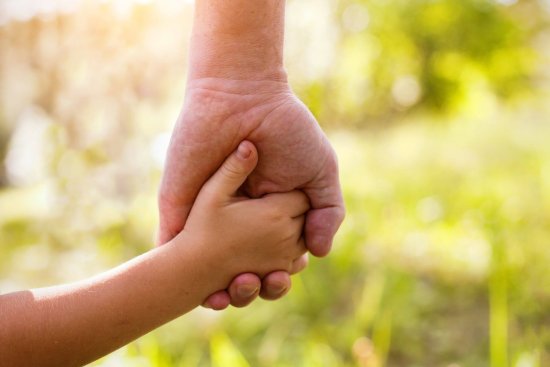Russian Adoptions

Contact
Table of Contents
Adopting a baby from Russia can give a chance of a family to a child who would otherwise spend their childhood in an orphanage and for a childless British family a much-wanted baby.
Naomi Angell, who heads Osbornes family adoption team, has recently returned from Moscow and St Petersburg where she was on a fact finding visit on Russian adoption.
Of the 225 intercountry adoptions by families from England recorded in 2008, 59 of these were from Russia. Currently, Russia is the main foreign country from which British families are adopting.
Russian adoptions are not automatically recognised in the UK because Russia is neither a Hague Convention country nor is it on the ‘Designated List’ of countries whose adoptions are authomatically recognised here. Consequently, the only way British families can get recognition of a Russian adoption, along with British nationality and full parental responsibility for their adopted child, is to readopt in the courts here. This will take about a year from the time that a family arrives back in this country with their Russian child. However thorough and correct the Russian process has been, the English adoption proceedings are not a rubber stamp but a vigorous and lengthy process, when all the English adoption requirements have to be satisfied.
Naomi Angell and Bridget Thompson, who is also a member of the Osbornes adoption team, regularly represent families who have adopted children in Russia in the English re-adoption process here. Naomi and Bridget also advise and represent Russian families living in this country who wish to adopt from their home country and British, ex-patriots living in Russia who adopt while they are there but need recognition of the Russian adoption and British nationality for their adopted child once they return to settle in this country. Naomi and Bridget’s casework also includes advising and representing British nationals marrying a Russian citizen, where the Russian national has a child by a previous relationship or marriage but the new family on settling in this country want the stepparent to adopt the Russian child.
In Russia, Naomi met the senior Judge conducting intercountry adoptions in St Petersburg, as well as visiting a baby home for children from 0 to 4 years old who was suffering from a range of neurological problems.
In Moscow, she met several very senior officials from the Russian Ministry of Education and Science, the central government department dealing with adoption, and also had a meeting with the consular and visa sections of the British Embassy.
The Russian authorities expressed their concern that the UK does not recognise Russian adoptions but did not seem keen to ratify the Hague Convention, along with the other 81 countries worldwide, who have signed up to it. Ratifying the Convention would achieve automatic recognition of Russian adoptions by other Convention countries. The Russian authorities gave as one reason for the concern that ratifying Hague would impact on Russian adoption legalisation, as Hague did not specify duties which are in their law on issues such as post-adoption requirements.
It was Naomi’s view that Russian adoption law appears to be in the main Hague compliant and that ratifying Hague should not reduce the effectiveness of Russian adoption law as Hague provides a framework of regulation and child protection in intercountry adoption, which is then brought to life by the adoption laws of each individual Convention country.
It would certainly make the already complex process of intercountry adoption both speedier and easier if Russia were to decide to ratify Hague. It would also mean that a child adopted in Russia was not left in legal limbo in this country, during the 12 months or so between the Russian and English adoption orders, when the adopters are the child’s legal parents in Russia but have no legal status with their child in this country.
Share this article






